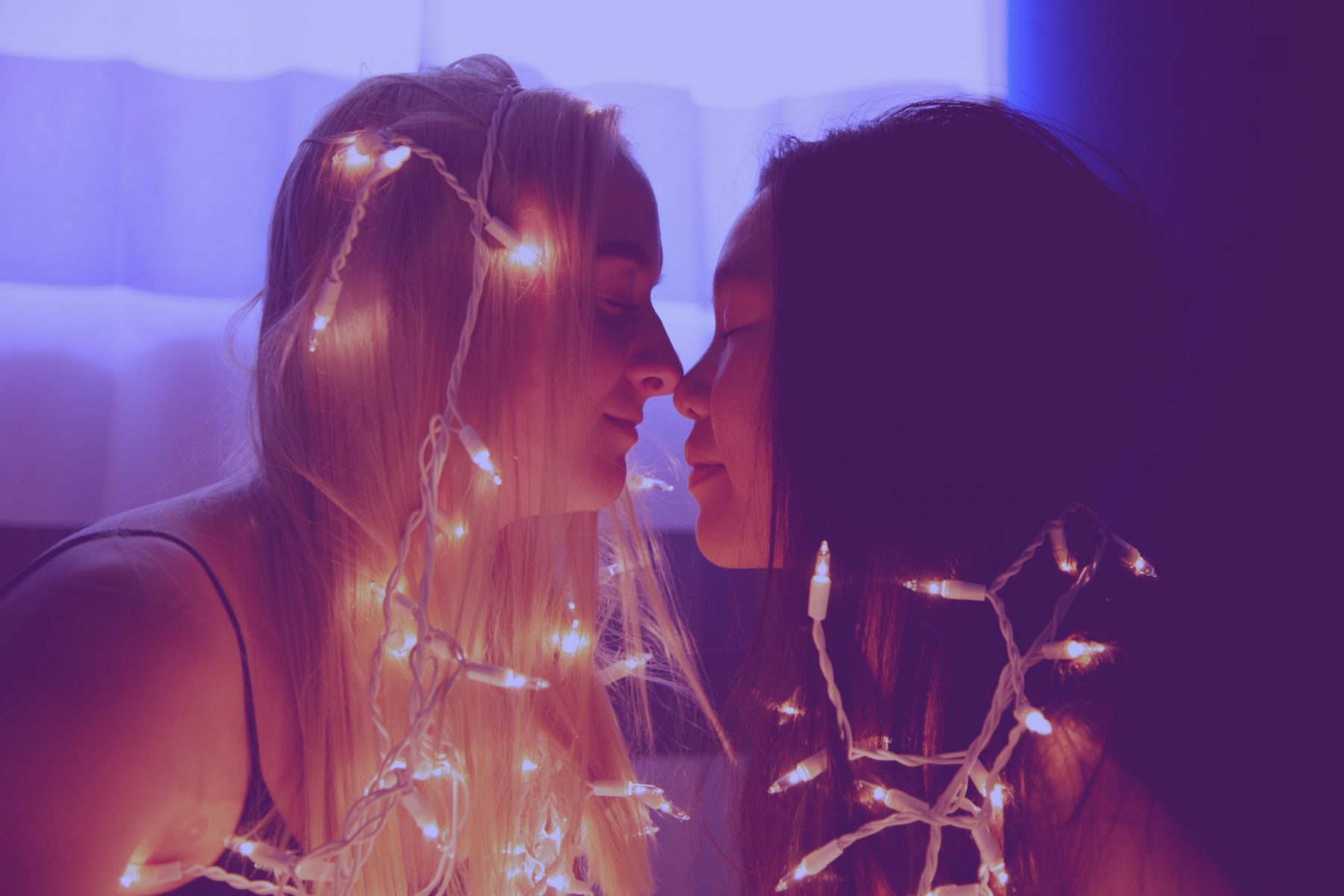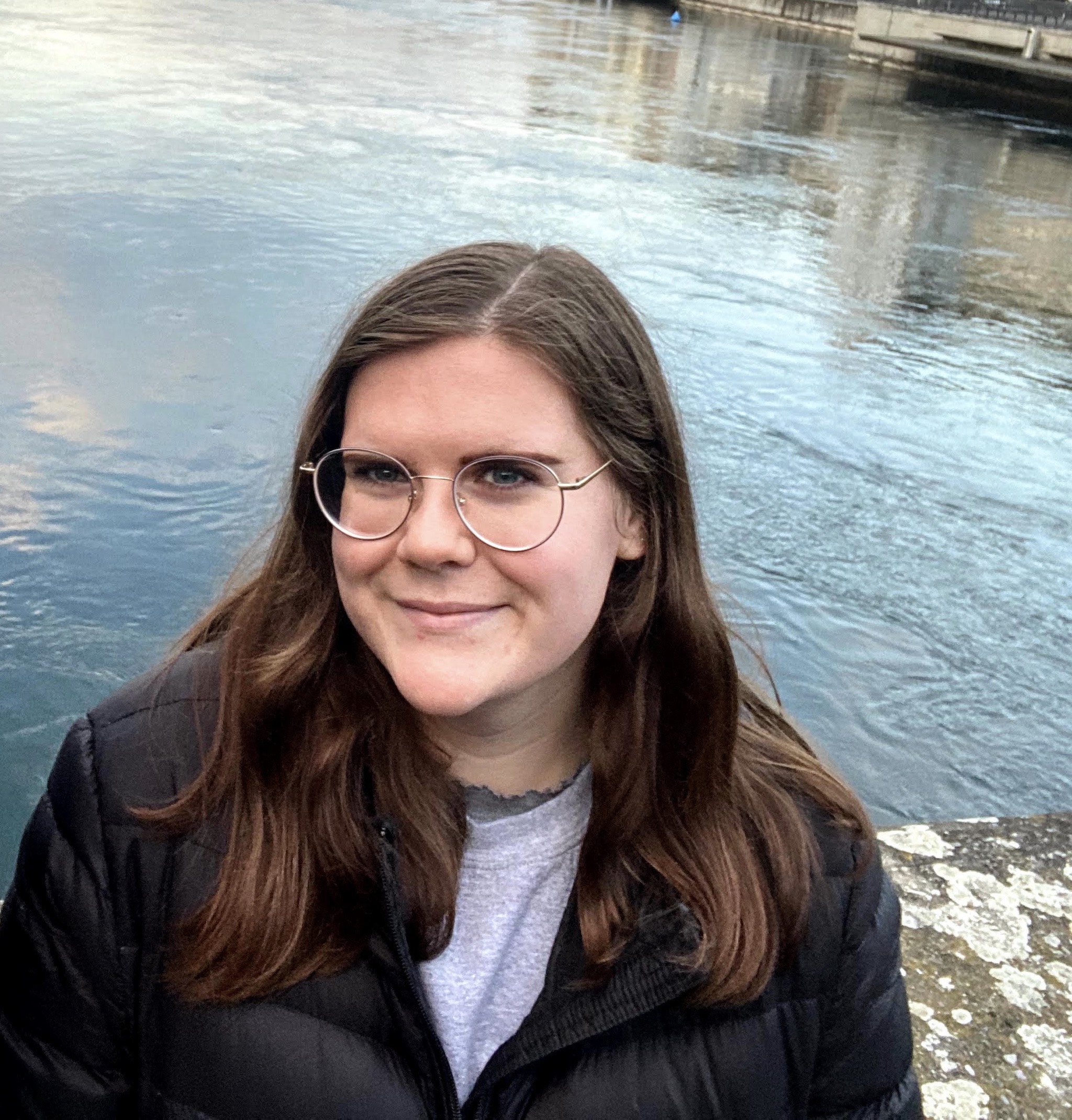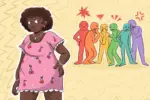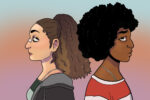Whenever a conversation starts heading toward the realm of sex, dating or intimacy, I find myself bracing for impact. As a lesbian, when I’m with a group of straight women, it seems like those topics of conversation often invite invasive questions regarding my sexuality, and I’m not sure anyone would feel comfortable answering these questions for someone outside of their most intimate relationships.
It’s also the perfect environment for one of my pet peeves to emerge — hearing straight women say they wish they were gay.
I’ve heard the statement, or some variation of it, pretty frequently from straight women. Whether it’s being directed at me specifically or over social media at the wlw (women loving women) community, I’ve heard it enough to become fed up with it.
Admittedly, as far as pet peeves go, it is fairly far down my list. In my experience, it’s never a malicious or homophobic comment. In fact, I get the feeling that when straight women say they wish they were gay, they’re often allies who mean it as a compliment, which is why I’m here to tell you exactly why it isn’t.
The proclamation that “I wish I was gay” frequently follows conversations about all the negative characteristics of straight men. Men can be creepy, inconsiderate, rude and emotionally unavailable, so the natural thought process might lead to something along the lines of, “Ugh, my life would be so much easier if I could just date women!”
Hey, I get it! I might not be attracted to men, but I am a woman, which means I have to deal with the misogyny, harassment and general creepiness some men exhibit, just like straight women do. I’m just as sick of men’s antics as most women are, but I promise, my life is not easier because I’m gay.
The biggest problem I have with the comment is that it completely ignores straight privilege. Obviously, straight women have their own struggles when it comes to relationships, and complaining about them is completely valid. But to imply that their problems would be solved if they were attracted to women disregards the privilege they have as a straight person. For lesbians who have to deal with discrimination and homophobia throughout their lives, it’s not fun to have those unfortunate aspects of their identity trivialized by those kinds of comments.
Although attitudes toward LGBTQ+ people are slowly improving in many countries around the world, it’s still illegal to be in a same-sex relationship in 70 countries. In nine of them, people who engage in same-sex relationships can receive the death penalty.
Compared to many countries, the United States is further ahead in terms of gay rights. Same-sex marriage was legalized in 2015, and in June 2020, the U.S. Supreme Court ruled that the Civil Rights Act of 1964 protects LGBTQ+ employees from discrimination based on their sexuality or gender identity.
Despite the improvements in LGBTQ+ rights, the Human Rights Campaign Foundation found in a 2018 survey that 46% of LGBTQ+ people are closeted at work, 53% reported hearing homophobic jokes while at work and 31% reported feeling unhappy or depressed at work.
When it comes to lesbian and bisexual women specifically, they, on average, make 12% less annually compared to straight women. Bisexual women have some of the highest poverty rates out of all sexualities — around 30% compared to 16% of non-LGBTQ+ people — and “older women in same-sex couples have nearly twice the poverty rate of older married opposite-sex couples.”
Not only do queer women make less money and face homophobia at work, but they are also subjected to higher rates of violence. The FBI’s statistics show that hate crimes targeting LGBTQ+ people have increased over the past four years to the point where, percentage wise, LGBTQ+ people are more likely than any other group to be victims.
The CDC reports that 44% of lesbians and 61% of bisexual women experience intimate partner violence, compared to 35% of straight women, and bisexual women in particular have much higher rates of rape than straight women.
All women experience disturbingly high rates of sexual assault and intimate partner violence, and my intention is not to discount the equally horrifying experiences of many straight women. But it’s still important to draw attention to the fact that queer women are victimized even more frequently.
Queer women have to worry about being targeted for their sexuality in addition to their gender, and being in public situations with a partner that makes their queerness obvious can be terrifying and dangerous.
Personally, I’ve been pretty lucky so far. I haven’t experienced any violence or discrimination because of my sexuality, and the number of homophobic incidents I’ve experienced directly is fairly small. Unfortunately, it doesn’t change the fact that many members of my community still do have those experiences — experiences that straight women will never have to go through.
Something almost all LGBTQ+ people have to deal with at some point that never affects straight people is coming out. Figuring out your sexuality is stressful and confusing in its own right, and the knowledge that coming out to your family or friends once you are comfortable with your identity could result in them reacting negatively is awful to live with.
When straight women who are genuinely supportive of the LGBTQ+ community say that they wish they were gay, I don’t believe they’re intentionally trying to disregard the problems that queer women face. It’s not necessarily a malicious statement, but hearing it as a queer woman can still hurt.
If you’re a straight woman, your own struggles are absolutely valid and need to be addressed as well. All I ask is that you acknowledge your own straight privilege and try not to belittle the experiences of queer women by suggesting that their lives are easier because of their sexuality.


















Shop smarter & save better at gay dvd empire😍👌. Gay DVD Empire coupon code